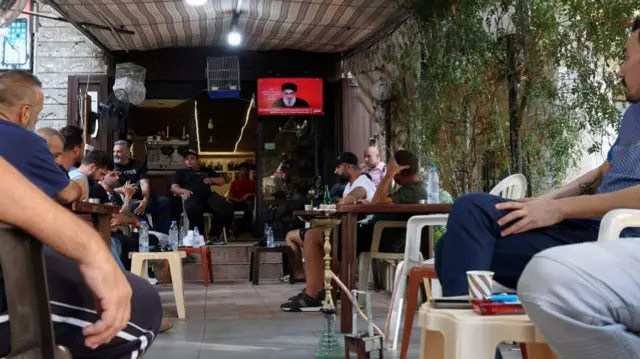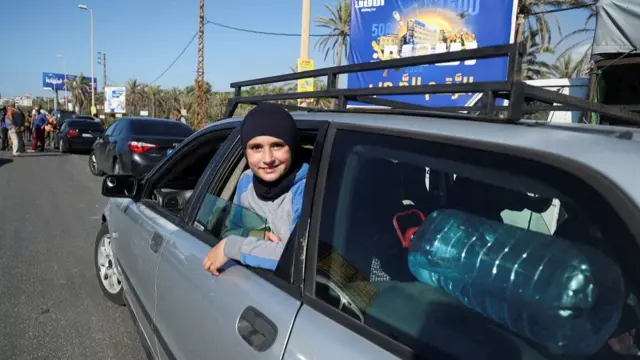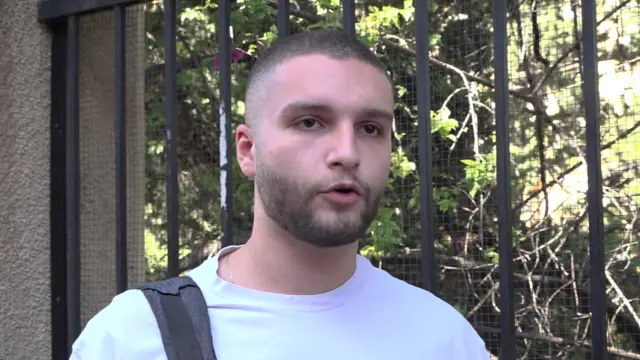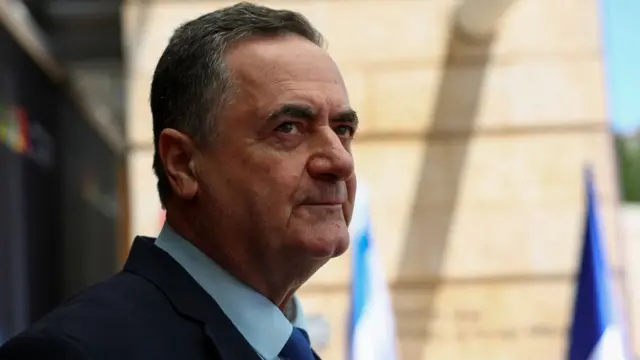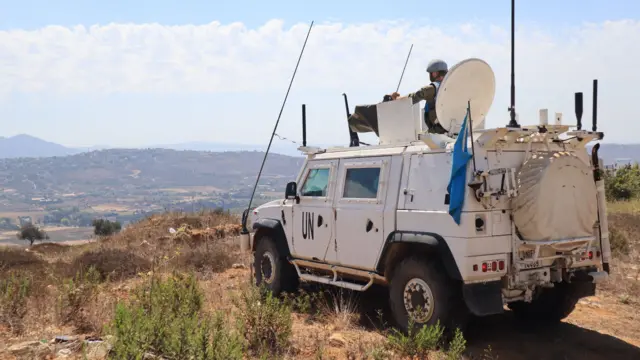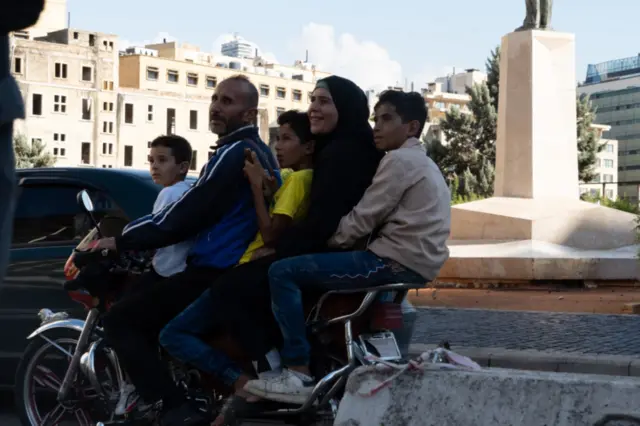Death toll from Israeli strikes on Lebanon rises to 492, health ministry sayspublished at 21:28 BST 23 September 2024Breaking
Lebanon's health ministry says 492 people, including 35 children and 58 women, have been killed in Israeli strikes since this morning.
At least 1,645 people have been injured, it added.

